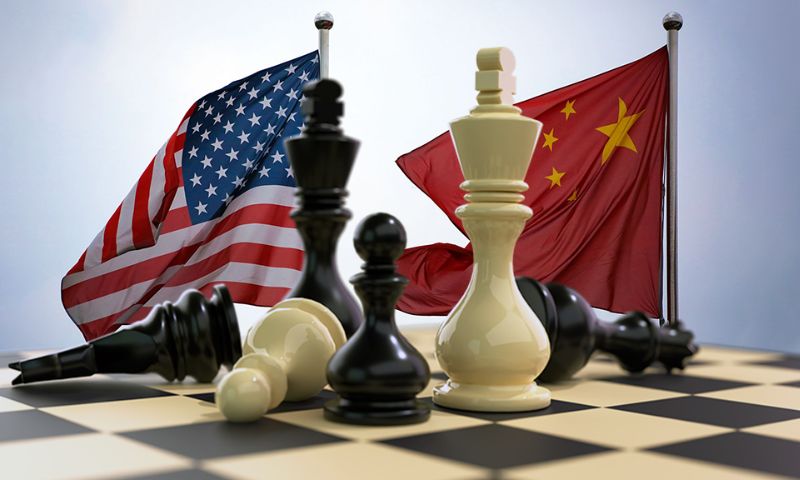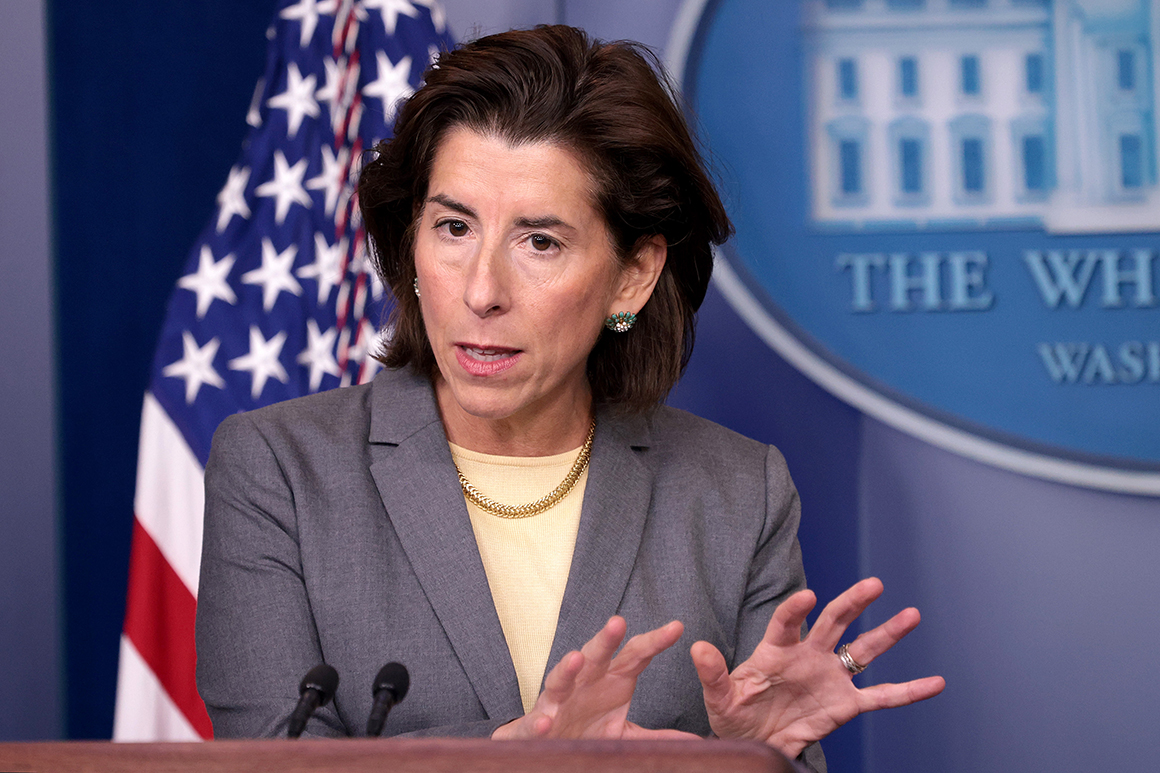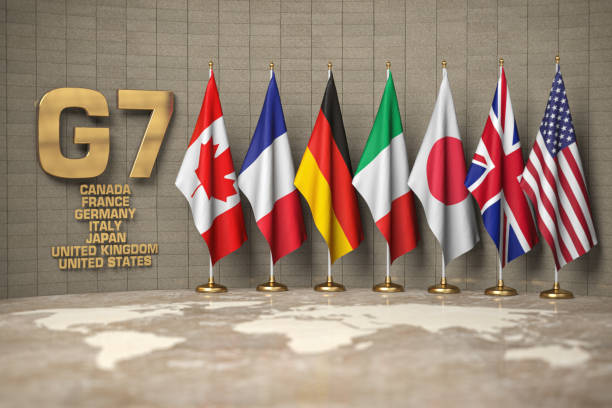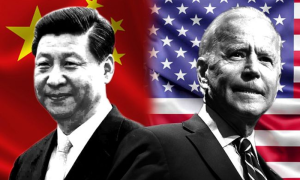Growing US-China tensions are no more an undisclosed episode. Almost two years back, the US president substituted the word ‘rivalry’ with ‘competition’ while underscoring the nature of relations with China. His intent to tone down the impression of tough contest with China, by using carefully selected term ‘competition’, could not materialize due to numerous provocative moves against China. US is not alone in effort to portray China as a rival power rather its numerous allies have mostly remained aligned with American stance.

United States Commerce Secretary Gina Raimondo recently disclosed that the country may further tighten its chip making restrictions to limit China’s access to sophisticated semiconductor technologies Earlier this week the US Commerce Secretary said “We (the US) will do whatever it takes to protect our people including expanding our controls.” Message from G-7 forum was also quite loud previous year. UK Prime Minister Rishi Sunak said ‘’China is posing the greatest challenge of our age in regards to global security, prosperity and it is increasingly authoritarian at home and abroad’’.

China centric approach of G-7 became more obvious with another harsh statement revolving around the Beijing’s policies about Taiwan and Indo-Pacific region. However, the toughest part of the statement was the one which alleged China for manifesting ‘Economic Coercion’. Prior to G7 three-day annual summit last year, all members gestured angrily about China’s retributive trade measures. China’s coercive economic moves has been an issue of increasing concern in the Asia Pacific and Europe in recent years, with South Korea, Japan, Australia and Lithuania faced trade restrictions following disputes with Beijing on issues ranging from the origins of the COVID-19 pandemic.
Japan and the EU both consider China as their top trading partner. The US, which has led global efforts to contain Beijing, does the most trade with Canada and Mexico, while having China as its third biggest partner. In short unavoidable dependence of G-7 countries’ trade activities on China brings a tricky twist in this complicated geo-political game. On one hand G-7 members are antagonized with Beijing and on another hand, they are compelled to maintain the inextricable economic ties.
As compared to G-7 members, China remained unhesitant and absolutely clear in imposing trade sanctions on the countries hurting its geo-strategic interests. Beijing acted promptly with trade sanctions after South Korea deployed American Missile Defence system. Similar response was adopted against Australia amid prolonged tense relations. China shocked European Union by blocking exports of Lithuania in retaliation to the permission granted to Taiwan for setting up an embassy in Baltic region. Since US always relies greatly on the support of its allies for implementation of sanctions, therefore restrictions on chip making might not dent the Chinese interests effectively.

Most of the US allies have questioned the efficacy as well as justification of chip specific restrictions. Reluctance towards restrictions is primarily due to the obvious risks and challenges capable to hurt their own economic interests. Countries like Japan, South Korea, Germany and Netherland have been resisting to join hands with US in implementation of restrictions against China on chip production. Experts said that implementation of such provoking restrictions against China would subsequently damage the semiconductor industries of the US and its allies. In the absence of support from allies, US wouldn’t be able to bring China in a tight spot through chip specific restrictions.
Frustrated with this knot, some influential politicians including former British PM Liz Truss have proposed the idea of ‘Economic NATO’ to contain the growing ingress of China at global canvas. China has remained steadfast in rejecting all accusations of using trade as a weapon and criticized the US hypocrisy amid unwise provoking use of sanctions and export controls. Chinese Foreign Ministry spokesperson explicitly objected the intentions of G7 last year and said “If the G7 summit will put ‘countering economic coercion’ on its agenda, I suggest that they must first discuss what Washington has done? China itself is a victim of US economic coercion and we have always been firmly opposed to economic coercion by other countries.”

Economic interdependence of EU allies of US with China is playing against the overall idea of China containment through enhanced targeted sanctions. Mark Kennedy, director of the Wahba Institute for Strategic Competition at the Wilson Center said “Europe has witnessed the impact of coercion within its ranks more vividly than the US, most recently in Lithuania, and endured the pain from overreliance on a sole supplier as it weaned itself off reliance on Russian energy.” Despite the obvious inefficacy of American sanction toolkit against China, it is yet not easy to precisely predict the future unfolding of global contestation shaping up under the shadows of Ukraine war and others global challenges.
























